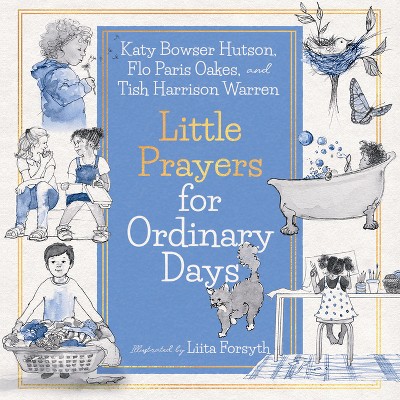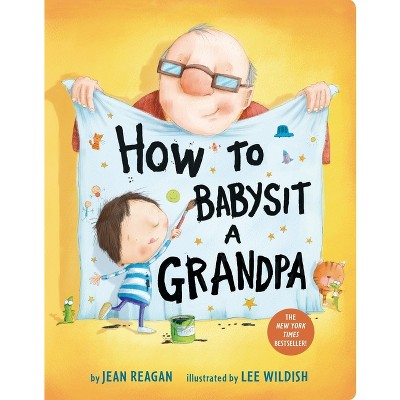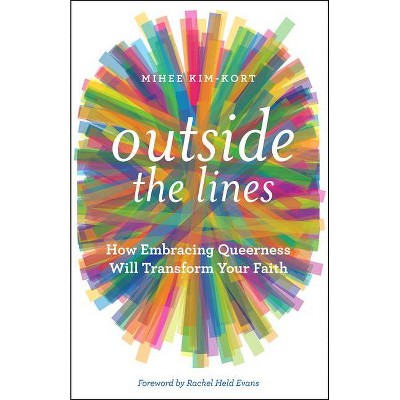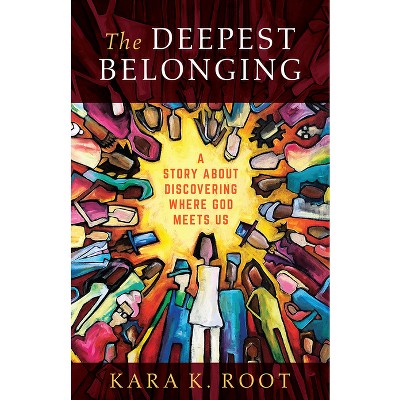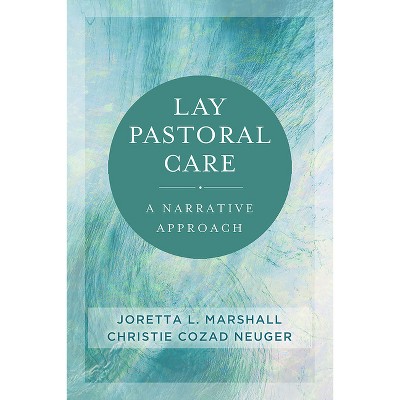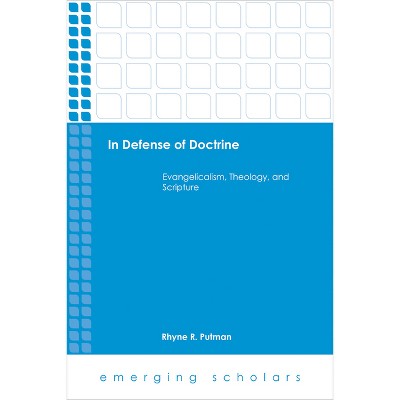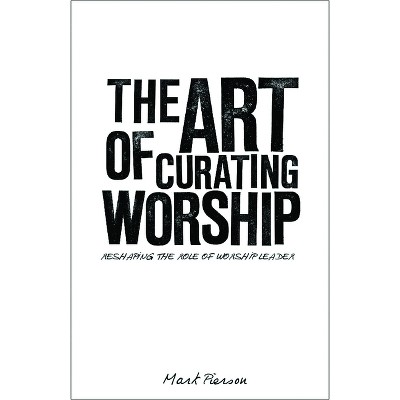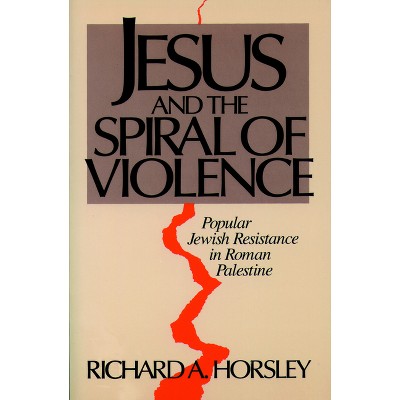Sponsored

Enfleshing Freedom - 2nd Edition by M Shawn Copeland (Paperback)
In Stock
Sponsored
About this item
Highlights
- The achievement of our humanity comes about only through immersion in concrete, visceral, embodied relational experience, yet for many human beings, that achievement is stamped by the struggle against oppression in history, society, and religion.
- Author(s): M Shawn Copeland
- 203 Pages
- Religion + Beliefs, Sexuality & Gender Studies
Description
About the Book
M. Shawn Copeland demonstrates how Black women's historical experience casts a different light on our theological ideas about being human. This new edition incorporates recent theological, historical, and political scholarship; engages with current social movements like #BlackLivesMatter and #MeToo; and presents a new chapter on the body.Book Synopsis
The achievement of our humanity comes about only through immersion in concrete, visceral, embodied relational experience, yet for many human beings, that achievement is stamped by the struggle against oppression in history, society, and religion.
In this incisive and important work, distinguished theologian M. Shawn Copeland demonstrates with rare insight and conviction how Black women's historical experience and oppression cast a completely different light on our theological ideas about being human. Copeland argues that race, embodiment, and relations of power reframe not only theological anthropology but also our notions of discipleship, church, Eucharist, and Christ. Enfleshing Freedom is a work of deep moral seriousness, rigorous speculative skill, and sharp theological reasoning. This new edition incorporates recent theological, philosophical, historical, political, and sociological scholarship; engages with current social movements like #BlackLivesMatter and #MeToo; and presents a new chapter on the body.
Review Quotes
Shawn Copeland's Enfleshing Freedom: Body, Race, and Being responds to the perpetual Christian theological inquiry about the meaning of being human with a refreshing reclamation of liberation theology's foundational premise that Jesus calls disciples to know and to contest the wounding of persons. A womanist theological anthropology that uses accumulated traumas of Black women's bodies to unmask the depths of human horrors and divine love, Enfleshing Freedom identifies countering division and domination as what it means to truly be human. The human body, Enfleshing Freedom maintains, is a facilitator of divine revelation, a source of human relationality, and divine affirmation of diversity. Citing Black women's historic opposition to Black pain and contemporary #BlackLivesMatter practices as signs, Enfleshing Freedom asserts that Jesus calls disciples to enact assembly (ekklesia) and communion (Eucharist) through solidarity in "bodily living" that both combats indignities against persons within Christian communities and extends assembly and communion as the solidarity of combating indignity through wide-open welcome and camaraderie. --Rosetta Ross, professor of religious studies, Spelman College
Enfleshing Freedom is a masterpiece--one of the most important works of Catholic theology since the Second Vatican Council. It speaks lovingly of our raced, gendered, wounded, and joyous bodies and unites them in the liberating body of Christ. This second edition features expanded treatments of Toni Morrison's Beloved, the historical context of Jesus of Nazareth, recent US immigration policy, evolving Catholic views on same-sex relationships, and the phenomenon of "neo-lynching." It also includes a stunning new chapter, "Enfleshing Struggle," that interprets #BlackLivesMatter and #SayHerName. It is a must-read! --Andrew Prevot, Amaturo Chair in Catholic Studies, Georgetown University, author of The Mysticism of Ordinary Life: Theology, Philosophy, and Feminism
Impossibly, Copeland has lifted the second edition of Enfleshing Freedom to even higher heights than the first. Strongly theological and philosophical, the pastoral intent of her work is to center a womanist constructive theology to counter racist heterosexism. Copeland challenges and inspires all theological thinking to pay close attention to the metaphysics of raced being, the continuing violence of slaving histories, the exclusions of some bodies from ecclesial spaces, to fashion a theology, Christology, and ecclesiology that actively resist prejudice and bigotry. Constructively, the book is a nuanced and careful mapping of the urgent need for Christians to create and sustain complex solidarities that have the potential to transform the despair of hate and anger into communities "ordered by the Eucharist" of love and care. --Susan Abraham, vice president of Academic Affairs and dean, Pacific School of Religion
Shipping details
Return details
Frequently bought together
Trending Non-Fiction






